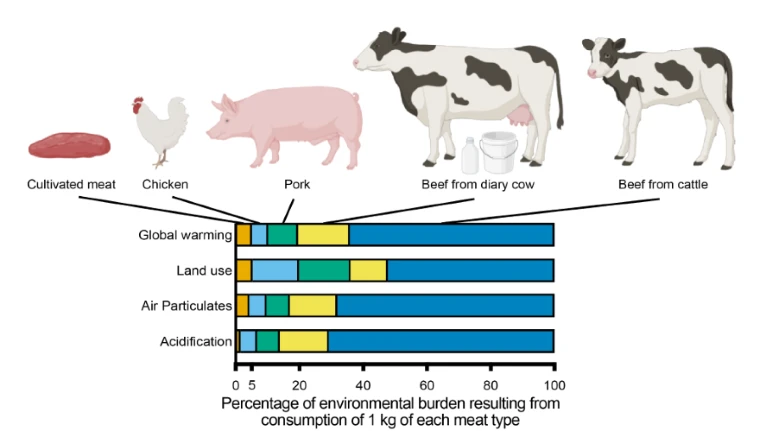Alessandro Bertero, Stefano Biressi, Francesco Buscemi, Luciano Conti, Matteo Cresti, Cesare Gargioli, Luca Lo Sapio, Barbara Lucia Loera, Cristina Poncibò & Simona Stano.
The Italian government is moving to ban what critics call ‘synthetic meat’, a negative term to describe what researchers call ‘cultivated meat’, and that can be positively portrayed as ‘sustainable, clean, or ethical meat’. This proposal comes as other governments are acknowledging the strategic importance of cultivated meat towards both food security and global sustainability. As technical, social, and humanities scientists active in the field we wish to provide important clarifications with the hope of spurring a much-needed informed discussion.
From a technical perspective, cultivated meat is obtained from a process analogous to taking a plant sprout to grow it back into a greenhouse. Except that the sprout is a small biopsy or a blood draw from a farm animal, and the greenhouse is a cultivator, a sterile environment with controlled temperature and nutrient supply not much different from fermenters used for beer, wine, cheese and yogurt. The process is therefore often referred to as ‘cellular agriculture’. Contrary to some claims, no animal serum is currently used in the process1, nor are cells or tissues with tumor-like behavior. On the other hand, cultivated meat can be grown without antibiotics commonly used in conventional animal farming, and is free from other contaminants such as microplastics and toxic heavy metals such as mercury.


